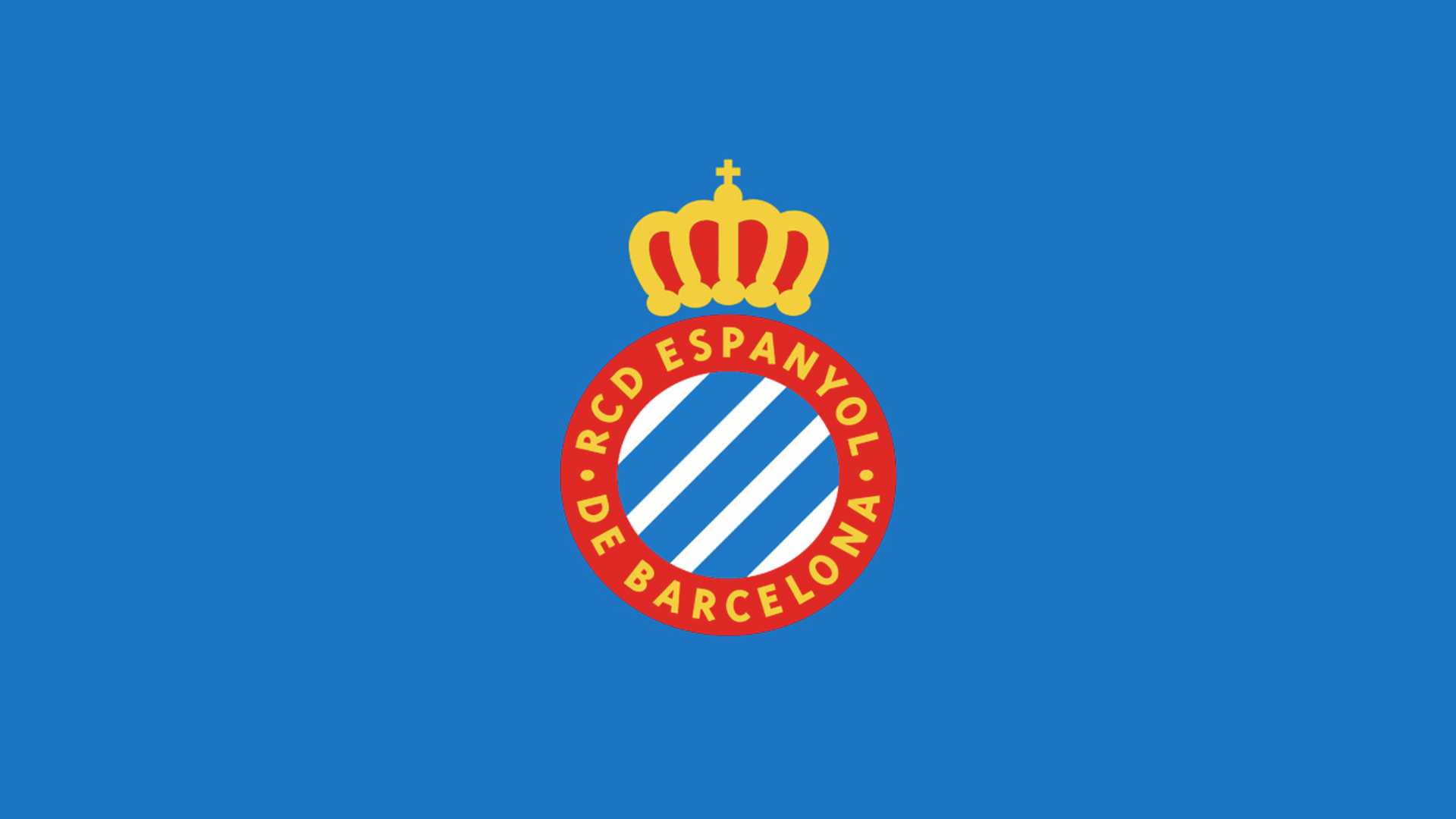Espanyol FC is a renowned football club based in Barcelona, Spain, with a rich history and passionate fan base. Known officially as RCD Espanyol de Barcelona, the club has carved out its own unique identity within Spanish football, often seen as the alternative to the city’s more globally famous team, FC Barcelona. Espanyol FC has experienced many ups and downs over the decades, but its dedication to developing local talent and competing at high levels remains unwavering DEBET.
This article delves into the multifaceted world of Espanyol FC, exploring its history, cultural significance, tactical evolution, financial aspects, and future prospects. Whether you’re a dedicated supporter or a casual football enthusiast, understanding Espanyol FC provides a window into the vibrant tapestry of Spanish football culture and the resilience of a club that continually strives for excellence đăng nhập debet.
History and Evolution of Espanyol FC
Understanding the origins and development of Espanyol FC is essential to appreciate its current stature in Spanish football. The club’s journey from its founding to becoming a mainstay in La Liga is marked by perseverance, strategic adaptability, and a deep-rooted connection to its community.
Founding and Early Years
Founded on August 28, 1900, Espanyol FC was established by a group of young Catalans eager to foster local sporting interests and promote football in Barcelona. Initially, the club was called “Reial Club Deportiu Espanyol de Barcelona,” signifying its royal patronage, a testament to its early aspirations and ambitions to be a football powerhouse.
In its formative years, Espanyol played friendly matches and participated in regional competitions. Its early philosophy emphasized developing local talent and fostering an inclusive sports environment. Despite limited resources compared to other clubs, Espanyol steadily built a reputation for disciplined play and organizational stability.
The club’s first major success came in the early 20th century when it won regional titles and began participating in national tournaments. These achievements laid the groundwork for its steady climb in Spanish football hierarchies, setting the stage for future growth.
Major Milestones and Historic Achievements
Throughout the 20th century, Espanyol FC achieved several milestones that defined its identity:
- La Liga Debut: Espanyol joined La Liga in its inaugural season in 1929 and has maintained constant presence since then, demonstrating resilience amidst fierce competition.
- Domestic Titles: The club has won the Copa del Rey multiple times, most notably in 1929, 1940, 1945, and 2006, showcasing its ability to contend in knockout competitions.
- European Campaigns: Espanyol’s participation in European tournaments, including the UEFA Cup (now Europa League), highlights its aspiration for continental success.
One of the defining moments in club history was reaching the UEFA Cup final in 1988, where they narrowly lost to Bayer Leverkusen. Such performances cemented their reputation as a formidable side capable of competing beyond domestic borders.
The Modern Era and Recent Developments
In recent decades, Espanyol FC has faced intense competition domestically and financially. The club has experienced relegations and promotions, reflecting the highly competitive nature of La Liga. Nonetheless, strategic investments in youth development and coaching have yielded promising results.
The appointment of prominent managers like Mauricio Pochettino and Abelardo Fernández brought new tactical philosophies and renewed hope among supporters. Furthermore, the club has prioritized sustainable growth, balancing financial constraints while investing in talent.
